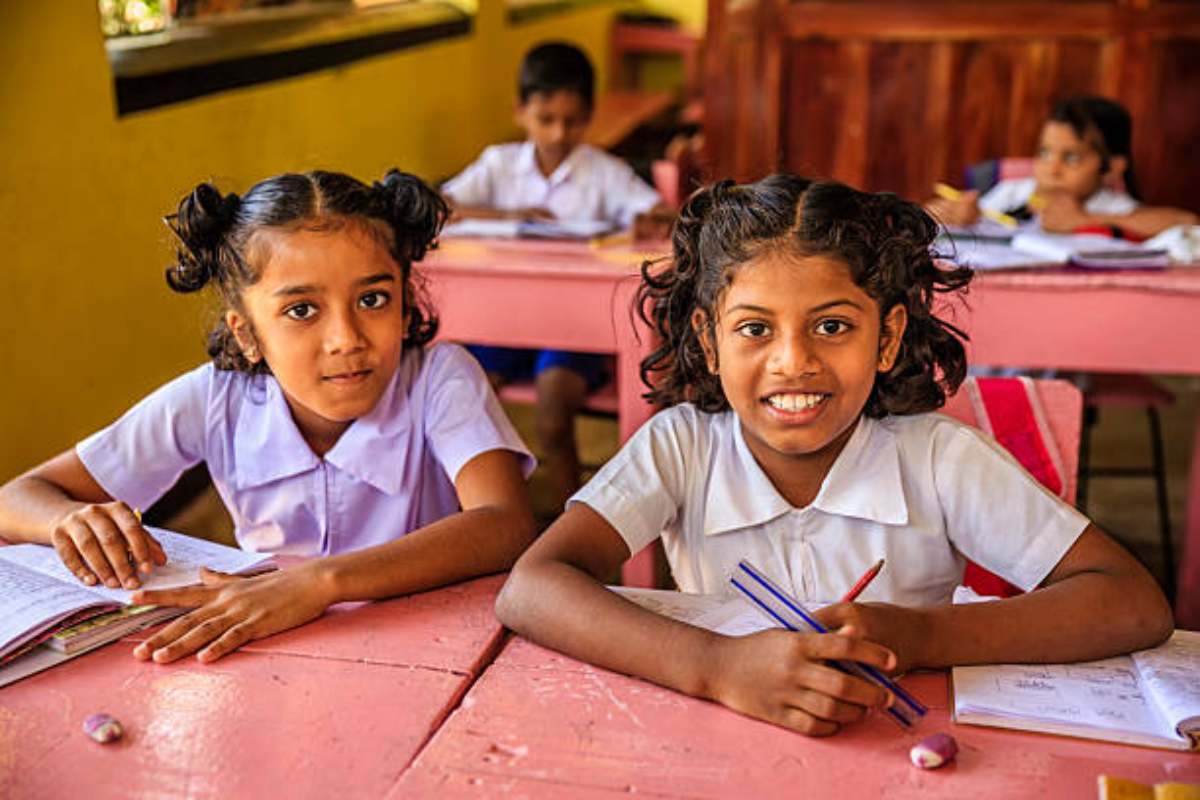Experts discussed ways to strengthen foundational literacy and numeracy skills in students during an education conclave, which was held in the National Capital.
Central Square Foundation (CSF), a leading non-profit in the space of primary education, hosted the inaugural edition of its annual conference titled ‘CSF Education Conclave 2023’.
The event served as a unique platform for policymakers, academics, educators, and tech innovators to delve into the theme ‘Building a Strong Foundation for School Education in India.’
The conclave witnessed a thought-provoking conversation on the effective implementation of the mandates laid out in NEP 2020 and the NIPUN Bharat Mission. The insights and perspectives of the speakers shed light on the crucial role of collaboration between the government, education sector, and society in transforming education delivery and realising the goals of these initiatives.
The experts comprised Dr Anshaj Singh IAS (State Project Director, Samagra Shiksha, Dept of Education, Govt of Haryana); Lokesh Jangid IAS (Additional MD, Samagra Shiksha, Dept of School Education, Govt of Madhya Pradesh); Sourav Banerjee (Country Director, Room to Read India) and Karuna Vakati IAS (Secretary, Dept of School Education, Govt of Telangana).
The experts and panelists engaged in meaningful conversations around the status of foundational literacy and numeracy (FLN), skill-building and ways of improving student learning outcomes in India.
The conclave commenced with a welcome address by Shaveta Sharma-Kukreja, CEO-MD, Central Square Foundation following which a panel of eminent experts discussed ways of mainstreaming conversations on state-level reforms to strengthen foundational literacy and numeracy skills in students.
Focussing on the opening topic “Moving the Needle on FLN, from Commitment to Change”, the panel also emphasized leveraging technology to enhance learning outcomes in children.
Some of the key takeaways to improve monitoring for the NIPUN Mission in Haryana were summarized by Dr Anshaj Singh. “The key to the success of any mission is monitoring, be it a government organization or a non-government one. In this regard, we have adopted some specific measures to improve governance including systematised monitoring at the school level, block level,
district level and state level,” said Dr Anshaj Singh IAS, State Project Director, Samagra Shiksha, Dept of Education, Government of Haryana.
“We have also designed a specific framework like weekly assessments to measure the competency, mentors visit, capacity building of teachers and ensure the attendance of students and teachers,” added Dr Anshaj Singh.
“Furthermore, we have also started a programme from the state headquarters – Shiksha, Dikhsa, and Paryavekshan in which we have trained a pool of 150 officials to visit the school on defined parameters and they have to stay from assembly till the completion of the school. The major part of Paryavekshan is academic monitoring. For the Nipun Bharat Mission, we are especially focussing on pedagogy and are training teachers. In this way, we have
covered around 700 schools and have real-time data,” added Dr Singh.
Detailing the growth journey of the initiative, ‘Teacher Connection’ at the conclave, Neelesh Mishra, storyteller and author, said: “We started an initiative by the name of ‘Teacher Connection’ to understand what the teachers want and realized that teachers in rural regions wanted to know how to become
better teachers.”
“We also started online classes long before the advent of
Covid-19 via installing projectors in villages and asked individuals from
across the country to teach the children in the village and surprisingly individuals
from across the globe came forward for this noble initiative,” he added.
The conclave also saw the unveiling of an independently conducted first-of-its-kind household survey on EdTech products called ‘BaSE: Bharat Survey for EdTech’ that covered almost 10K children, across six states between November 2022 and January 2023.
Voicing the opinion of parents and children from across the country, the survey comes as a stepping stone for policymakers, educators, and technology innovators to create a conducive environment for EdTech and work towards enhancing the quality of education for all.
Advertisement
